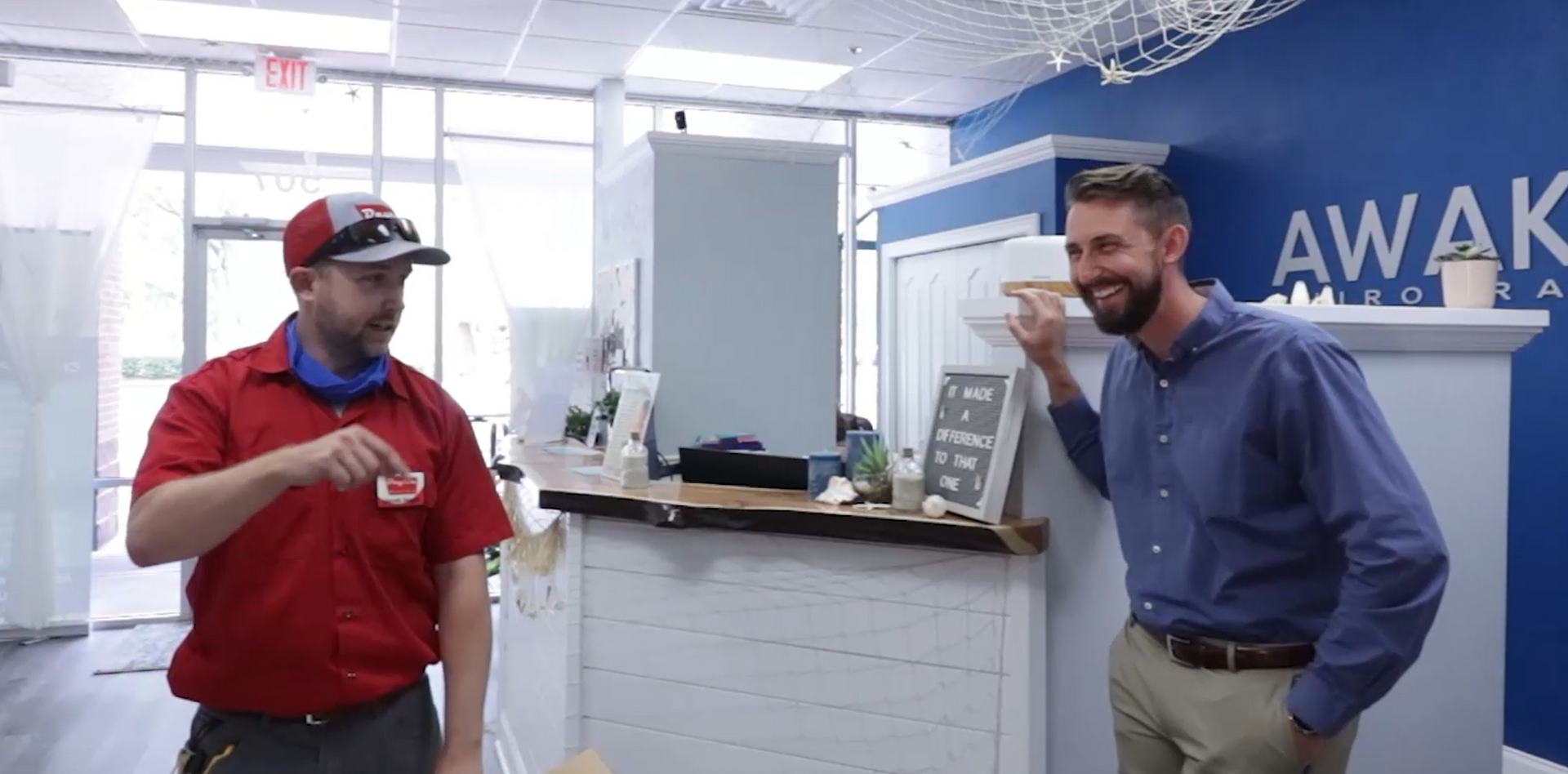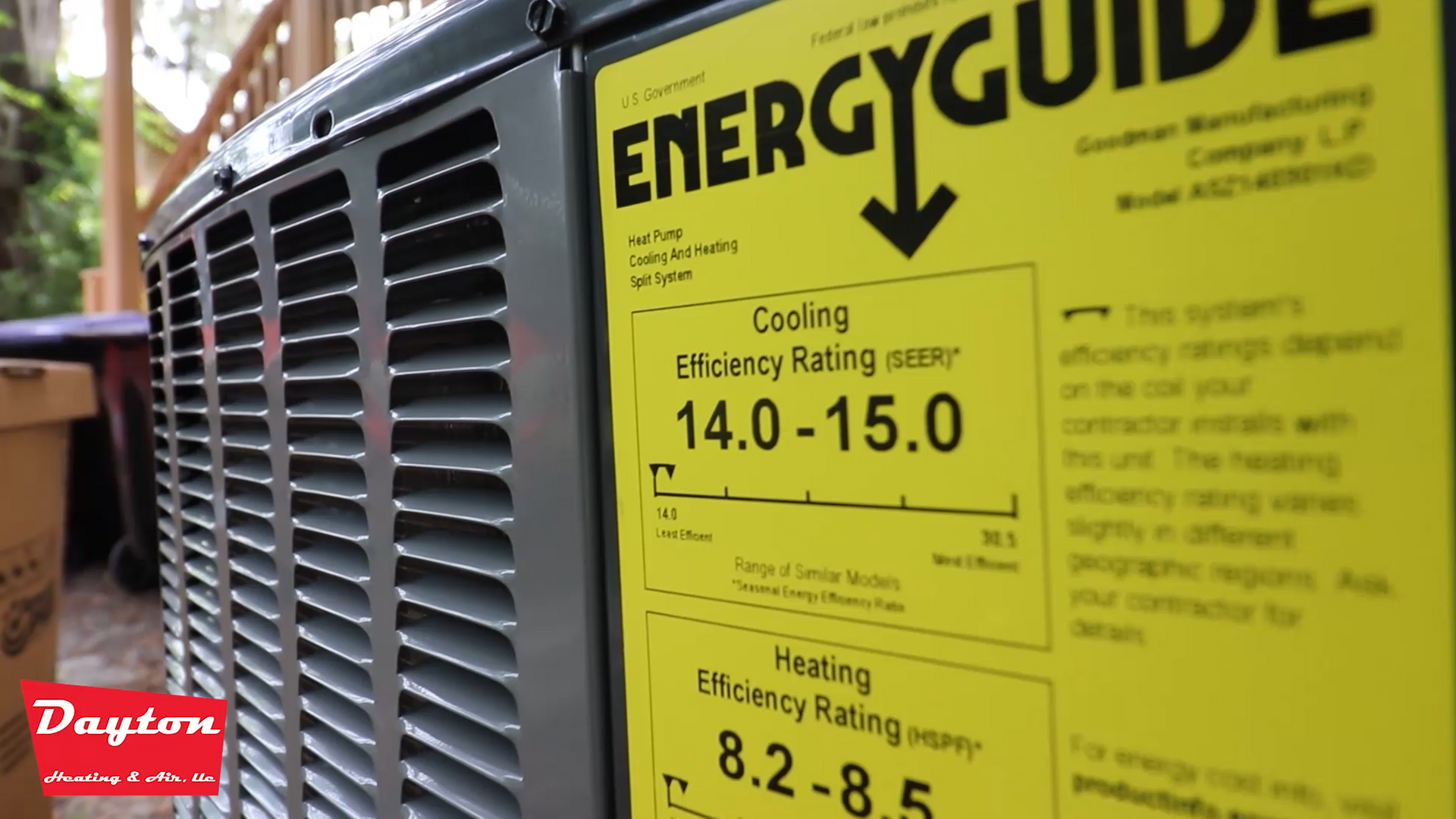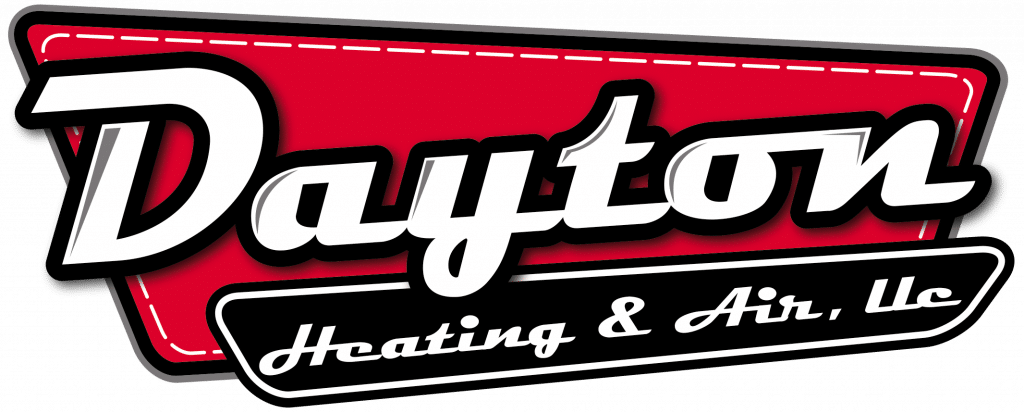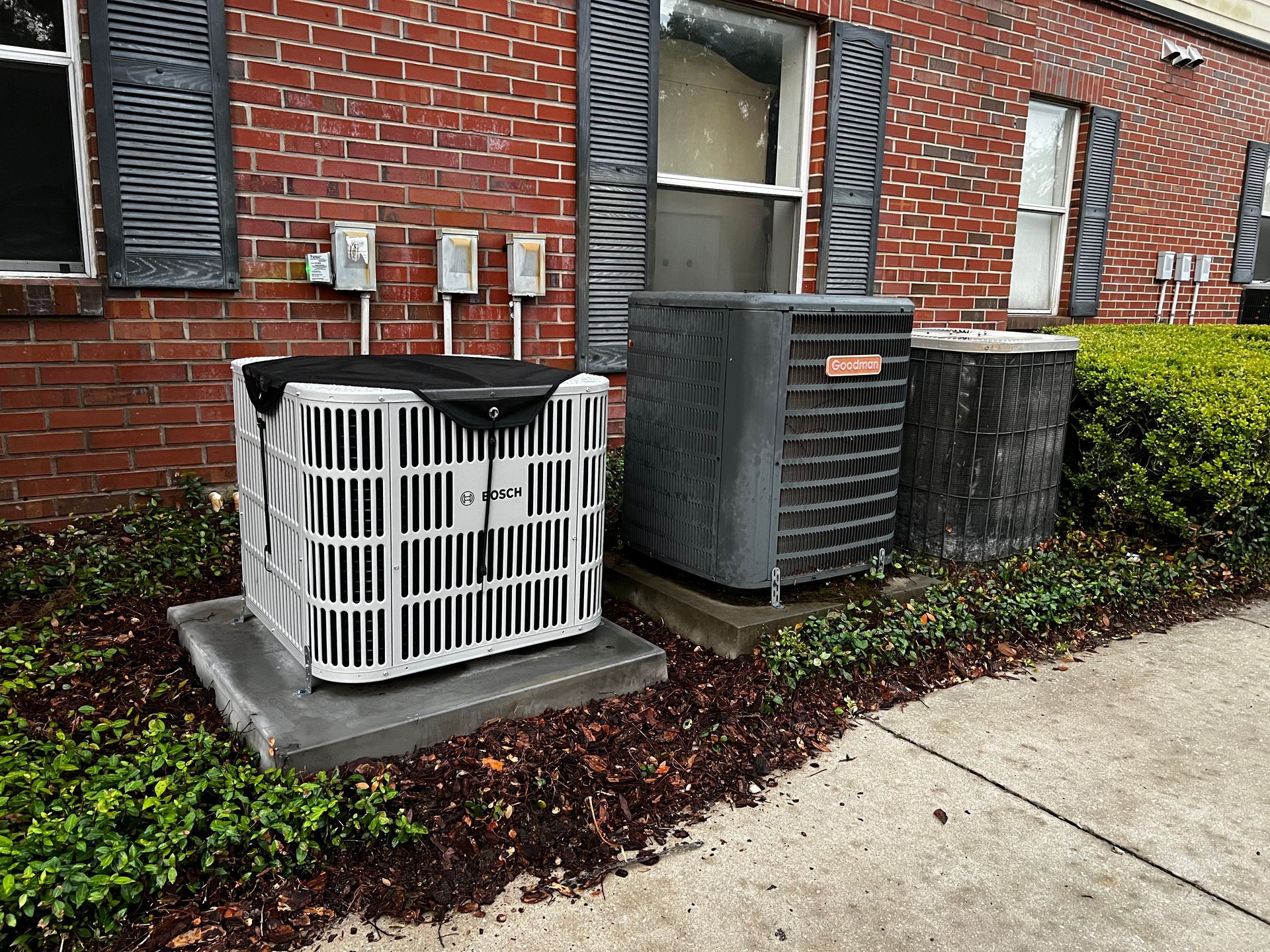3499 NW 97th Blvd unit 12, Gainesville, FL 32606
daytonheatandair@gmail.com
How to Choose the Right AC Repair Company
Let’s be clear: your air conditioner is your lifesaver, keeping the heat and humidity at bay while maintaining a healthy breathing environment in your home. But, like other appliances, your air conditioning unit will wear out over time. When this happens, you'll most likely need maintenance, repair, or replacement.
However, unless you're an HVAC professional, you'll need to hire an expert to handle your heating and air conditioning needs. Figuring out how to find the right specialist for you may be tough. While some can provide high-quality service, others will not.
With so many companies offering AC repair services in Gainesville, Florida, and the surrounding areas, how do you know which to choose?
We can help! Dayton Heat and Air believe that we embody the qualities listed below, as well as many more! If you want to learn more about our qualifications, process, and pricing, or if you have any other questions about who we are, please call us at
(352) 317-2132.
In this blog, we'll go over how to find the right AC repair company for your needs and what qualities to look for.
Gather Referrals
Ask anybody you know who has just had their air conditioner repaired or replaced about their experience with the team. This is one of the best ways to find a trustworthy company that provides quality jobs, such as Dayton Heat and Air. If someone you trust was happy with their experience, chances are you would be as well.
If someone you trust was happy with their experience, chances are you would be as well.
Experience is Important
Choose a team with years of AC repair experience that you can rely on when selecting an AC repair service. Inquire about their company's and their workers' expertise. How do they train their staff? How many years of experience do they have? Their practical knowledge can indicate their expertise. They will find it easier to fix your unit, independently of brands, making your overall experience better and faster.
Online Customer Reviews
AC repair companies nowadays seek to constantly communicate with their clients and have established their own websites. You should focus on the
ratings, reviews, and testimonials provided by their prior clientele while choosing the best AC repair companies. This way you can rapidly learn about them and decide whether or not to include them on your list.
Check the Company's HVAC License and Certifications
After you've identified your favorite and most reputable HVAC business, you'll need to verify its license. When an AC repair company has an HVAC license, it means they know what they're doing. Moreover, trained professionals, such as Dayton Heat and Air's technicians, are well-versed in their profession and can manage all types of cooling systems in accordance with regulatory guidelines.
Look for Proper Business Insurance
When looking for a company to repair your air conditioner, make sure to inquire about their insurance. Business insurance plans to safeguard their business, their employees, and their clients, such as yourself.
You might be held financially accountable if any damage or injuries occur on the job when you hire an uninsured company. However, if the business insurance includes workers' compensation, they will be able to cover the worker's medical costs, rehabilitation, and so on.
Find a Company With a Reliable Warranty
Look for an air conditioning repair company that provides warranties and
guarantees. You should not choose a company that does not provide a guarantee on its services, just as you would not drive a car without any insurance. You should not hire a company that will not help you claim your product warranty either. You want to know that your air conditioner will be repaired appropriately, and you also want to know that it will be covered if anything goes wrong with it.
Obtain a Written Estimate
Always obtain a written estimate before signing a service contract to protect yourself in the event of a problem. It will help in holding contractors accountable when issues arise. When obtaining an estimate, ensure that it is in writing and that all charges are listed. The majority of HVAC repair services, such as Dayton Heat and Air, will give you a free quote and a price commitment.
Call Dayton Heat & Air for All of Your AC Repair Needs!
Finding the ideal HVAC contractor in Gainesville can be a challenging task with so many options available. Use this list to your advantage now that you've seen several things to think about while you look for an AC repair company in any city.
At Dayton Heating & Air, our AC repair technicians are trained professionals who will guarantee that every aspect of your job is completed correctly by following a detailed checklist that will guide and verify each step. We strive for quality in all we do and offer honest and open rates and services for all of your HVAC requirements.
Call us at
(352) 317-2132 today for the exceptional service you deserve!
You Might Also Like



Location


Call
Request Same-Day Quote
Contact Us
We will get back to you as soon as possible.
Please try again later.
Request Same-Day Quote
Contact Us
We will get back to you as soon as possible.
Please try again later.

Location
Working Hours
- Mon - Fri
- -
- Saturday
- -
- Sunday
- Closed
CAC1819132



